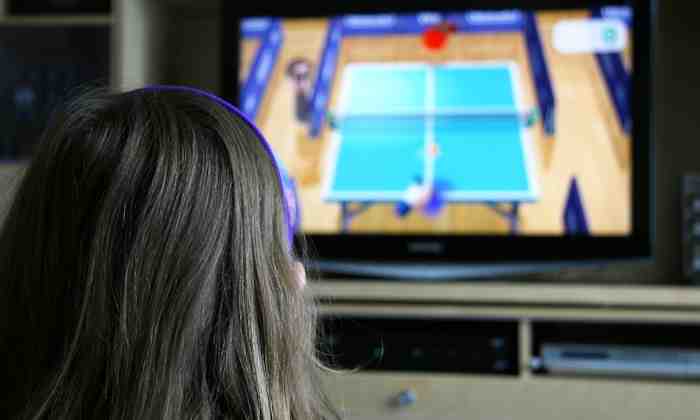Active gaming is good for your brain
18 May 2017
Dr Emma Stanmore, Senior Lecturer in the Division of Nursing, Midwifery & Social Work, and Joseph Firth, a PhD student in the Division of Psychology & Mental Health, have found that video games that involve physical activity significantly boost our brain health as we get older.

Their research found that systems that use physical activity for gaming such as Wii and Xbox Kinect can boost brain functioning in people with neurological impairment, as well as keeping our minds healthy and active as we age. In the first analysis of all published evidence, the study aggregated data from 17 clinical trials examining the effects of active gaming on cognitive functioning across 926 people.
Joseph said: “As people age, their brain functioning, such as memory, concentration and spatial awareness naturally decline. Various neurological conditions such Alzheimer’s and Parkinson’s disease, mild cognitive impairment, and dementia can also impede people’s cognitive functioning and reduce their ability to function day to day.
“Recently, there has been much interest in using active video games in the rehabilitation of these conditions, and to promote healthy ageing. So we were fascinated to learn that the available evidence shows how these sort of games can significantly improve overall cognitive functioning, and is particularly beneficial for attention, executive functioning and visuospatial abilities.
“Physically-active video games have, according to our research, greater impact on brain functioning than regular physical activity alone – suggesting that their benefits are more than just moving around.”
Dr Stanmore has also just completed a randomised controlled trial that found that MIRA games improve balance, pain and fear of falling after 12 weeks’ use.
She said: “Our research shows the potential of active video games that can be used independently at home and remotely supervised by therapists. The brain benefits may be because these activities are physically demanding, while also requiring concentration and cognitive effort, resulting in positive effects for body and brain.
“We hope this research will encourage the NHS and social services to take up active gaming as part of their support packages- as some are already starting to do.”
Joseph has also led the first meta-analysis of all published evidence on the effect of smartphone-based therapies on anxiety. The research – published in the Journal of Affective Disorders – has revealed that apps can be used to significantly reduce anxiety when used to augment face-to-face therapy and other psychological treatment – rather than replacing standard care.
